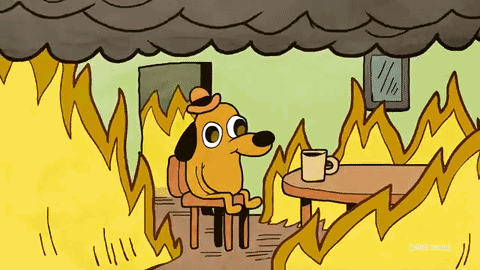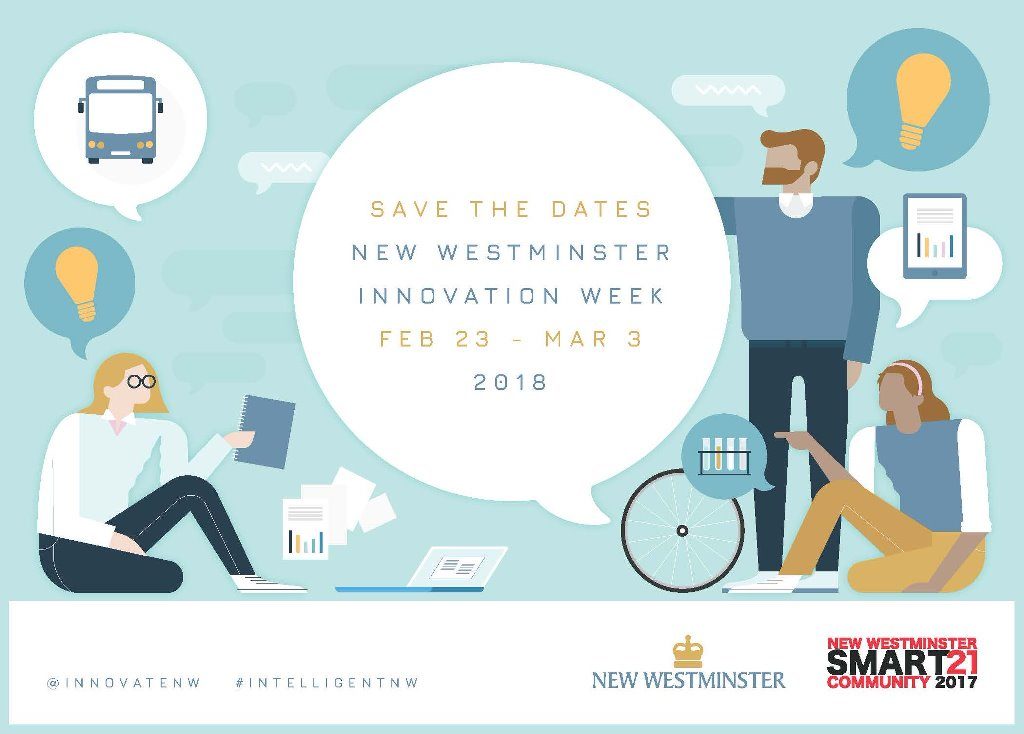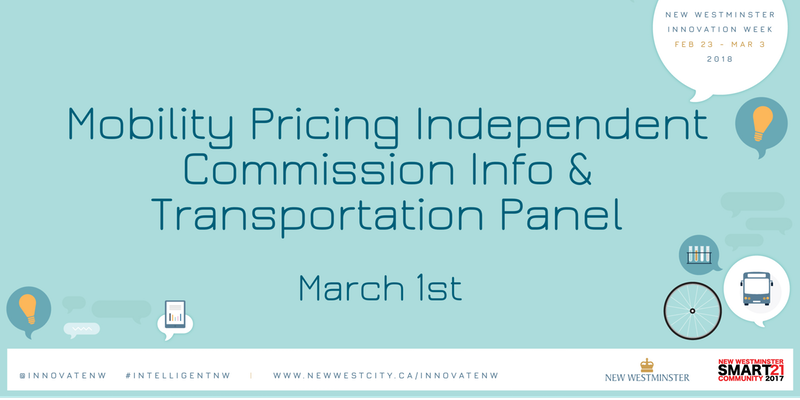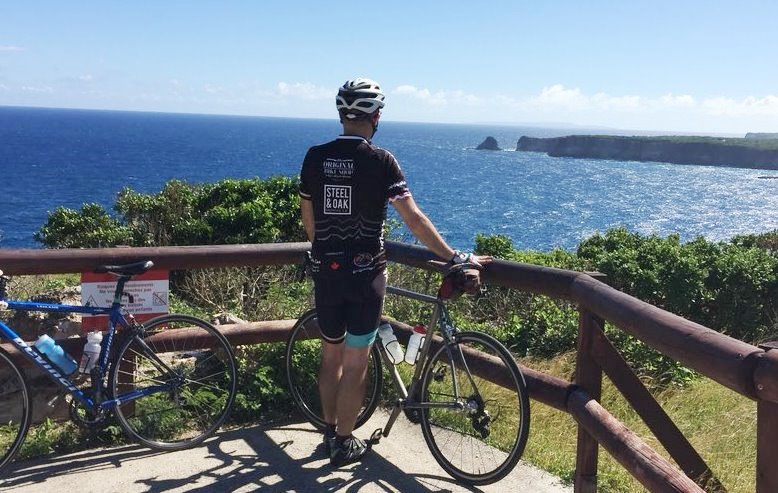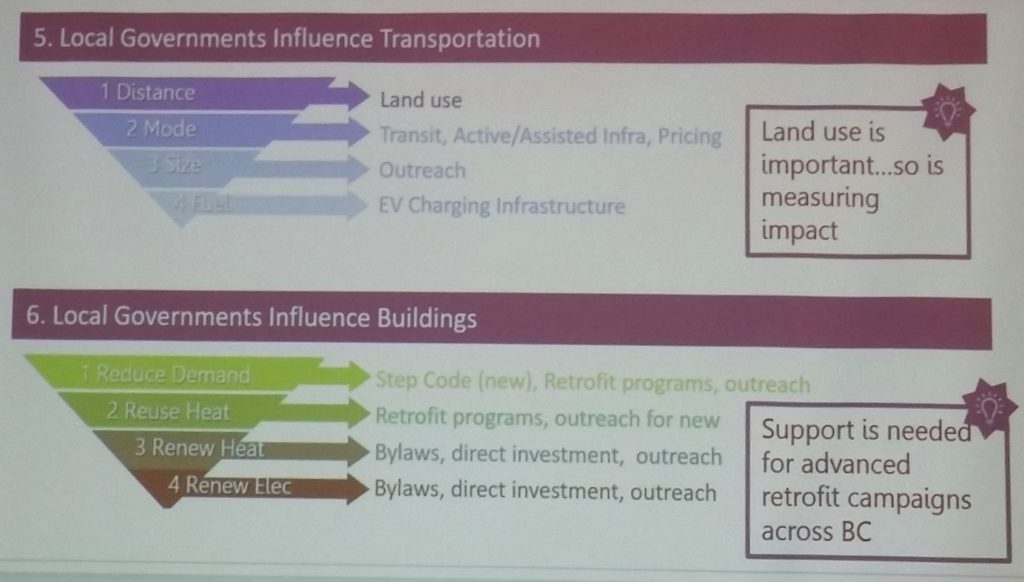Finishing up my own electoral stuff, it is time to move on to the referendum. It seems just yesterday that I was stumping for a Yes vote on a referendum plebiscite from my City Council bully pulpit – how did that one work out?
Nonetheless, I was asked about the Electoral System Referendum a few times during the election and I told people I didn’t want to get distracted while involved in my own campaign, but I would write something about it when the ballots come out. A ballot package is currently sitting on my counter, so here we go.
I am voting for proportional representation (PR) over first past the post (FPTP). The reasons for this are plentiful, and I have done a significant amount of research on this over the last few years, including during the aborted Trudeau campaign to change the federal electoral system. To keep this from expanding into a book-length blog, I am going to simplify a bit on a few key points.
The primary pro-FPTP argument that PR will bring extremists into power is a heaping pile of logical fallacy. In recent FPTP elections we have seen Doug Ford given 100% of the power to invoke the notwithstanding clause to punish his former City Council political enemies with only 40% of the vote. He says he was elected to cut taxes and slash public services when 60% of Ontario Voters voted for the exact opposite. Shortly after, the CAQ were given 100% of the power in Quebec to invoke the notwithstanding clause to pursue their anti-immigration and anti-free-expression campaign after garnering 38% of the vote. These are extremist views for Canada. A PR system may allow these voices into legislatures, but there is significantly less chance they would earn enough votes to achieve the power needed to shift policy towards those views.
Despite FPTP-supporter arguments, you will always have a locally-accountable MLA under any of the PR systems. Every system has you voting for a direct MLA representative as you do now, the difference is that all systems will give you at least one more second MLA who is also representing you. It is also likely this second MLA will be from a different party than your first MLA. Remember how during the Teacher’s Strike, all of those BC Liberal MLAs locked their office doors and refused to meet their constituents? Too often in an artificial FPTP majority, the job of that MLA is to represent the party’s interest to the community, not vice versa. When a government policy impacts your life negatively, it is important that you have someone in your community who can assure that your concern is carried to the legislature. PR provides this much better than FPTP.
Jurisdictions that use PR are more successful by almost any measure of good governance. There is a significant body of evidence from around the world about the results of different systems. Among OCED democracies, those that use some form of PR have consistently higher Human Development Index scores, have less income inequality, have stronger environmental regulation and are leading the world on addressing greenhouse gas reduction. The quality of life for their residents is higher and their electoral participation levels are higher. It is almost as if these two things go hand-in hand. This is why the PR argument is so much about “making your vote count” – it results in governments adopting policies that appeal to a broader range of voters. Who could possibly be against that?
These arguments aside, I was caused to step back and look at this situation in a different way a few months ago when I was chatting with MLA Bowinn Ma on a SkyTrain trip. Memory being what it is and she being much more nuanced and eloquent than I, we can call this a paraphrase. She pointed out that every argument for FPTP was about who would take power after the election, while every argument for PR was about how we can make more votes count. This is a simple but profound difference in vision for what we are trying to achieve through democracy. I believe the latter is a better, more hopeful vision, which is probably why I find their arguments more compelling. I hope this referendum will give us an opportunity to reach for that better vision.
The second question asks which of the three proposed PR systems I would prefer. Here is where it gets tougher. I am going to list in order of my preference, but recognize that no one system is perfect (but none are as imperfect as the current FPTP system).
Mixed Member Proportional – This is the most tried-and-true proportional representation system. In BC, it would mean our ridings would grow a little in size, and every riding would have an MLA elected by FPTP like they are today. However, ridings would be clumped together into small regions of several ridings that would have regional MLAs. You would be able to vote on that regional representatives, but the persons serving that role would not be elected by straight FPTP, but allocated to make party representation across the province match that of the overall vote. The ballot can be simple, the change in our ridings is minor, and PR is achieved. This wins in the balancing simple and easy to understand while also giving you an opportunity to vote for a great local candidate who may not be with the party of the Premier you want to see elected.
Dual Member Proportional– This is a system modified for Canada, where most ridings are merged into two ridings, with on MLA elected on the current FPTP system, and a second appointed based on electoral results in order to balance party representation across the province. This seems to be intended to simplify the ballot (you only vote once), but otherwise has no advantages I can find over MMP. You lose the ability to vote for Party A but an outstanding local candidate for Party B like you get from MMP – in other words, this forces you to choose a great local rep OR a party affiliation, but not necessarily both.
Rural-Urban Proportional– This hybrid system mixes Single Transferable Vote for the “urban” parts of BC, expanding ridings to 4-7 MLAs and a ranked ballot to allow you to vote for as many or as few as you might like, and a Mixed Member Proportional system (top) for rural ridings. I can see where this idea appears – it provides sophisticated urban political nerds like me an appealing ranked ballot, but also assures the rural ridings of the province won’t feel like they are losing their disproportional representation in Victoria. I dislike it for both of those reasons, and it being the most complicated system, I don’t think it will really be embraced by the voting public.
So put me down for Yes and MMP. I honestly would be happier with any of the three options than I am with FPTP, so the second question is really rather…uh… secondary. But please fill it out, because it is fun to fill our ranked ballots, and because I want to do everything I can to support the government having the political will to make this change.
